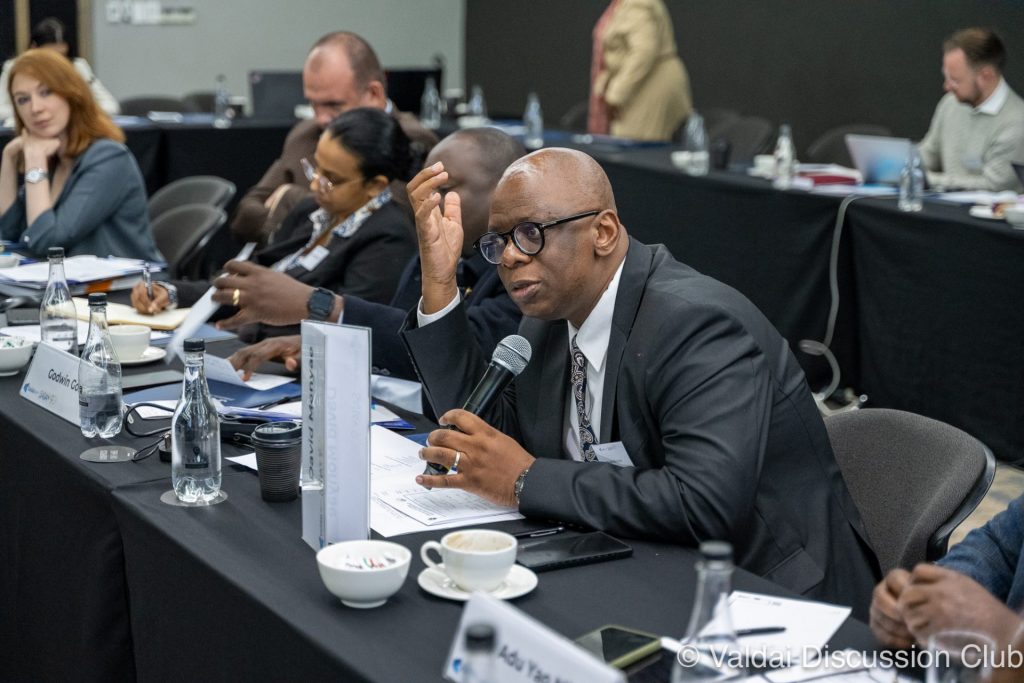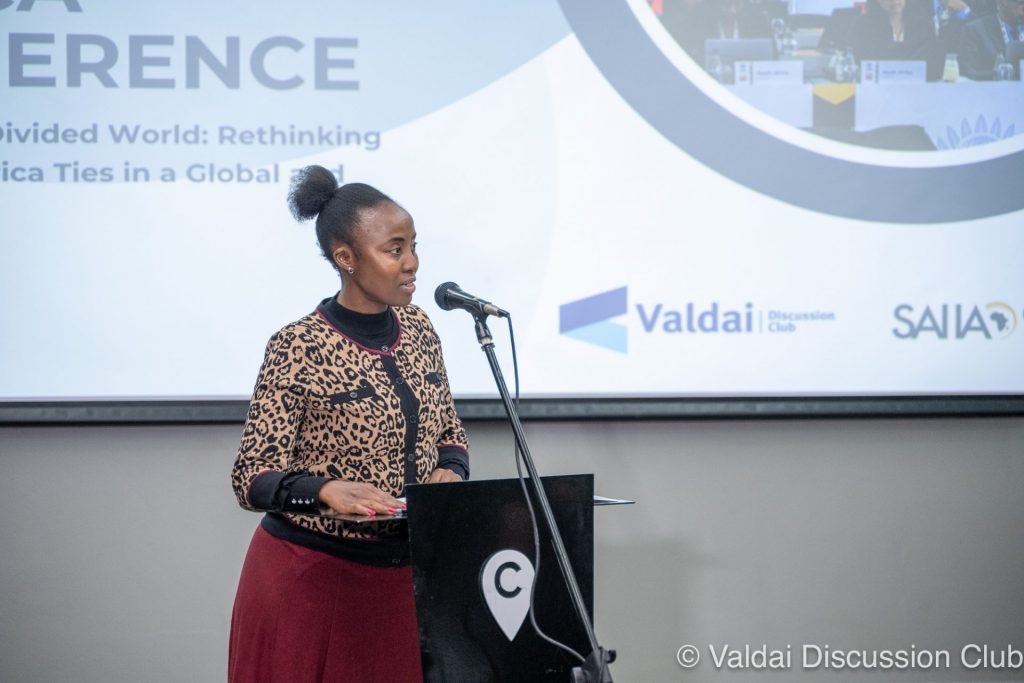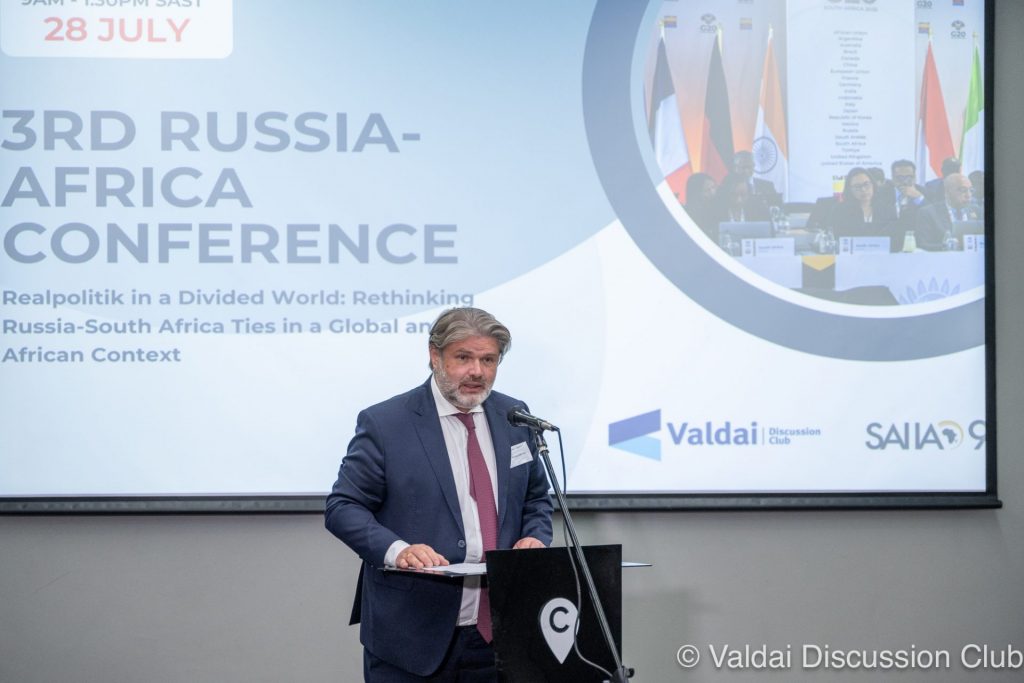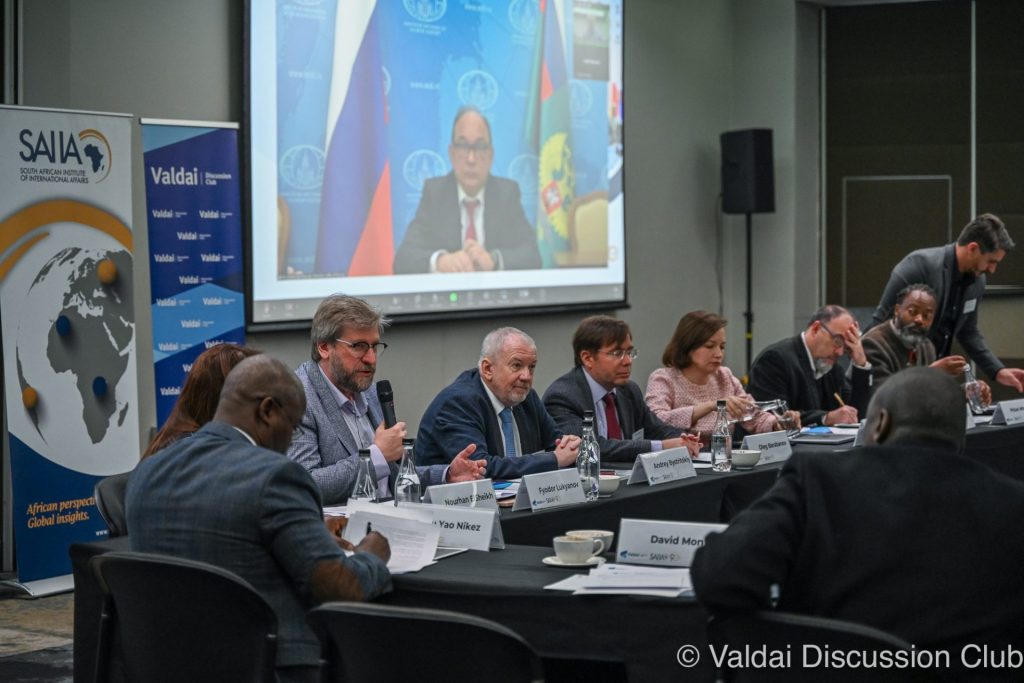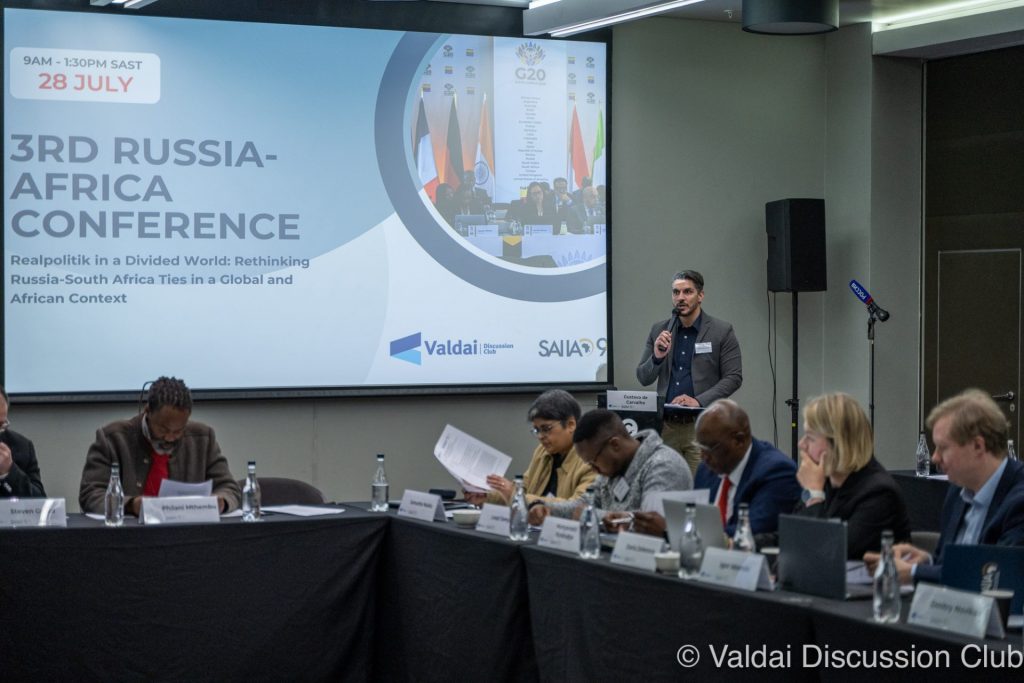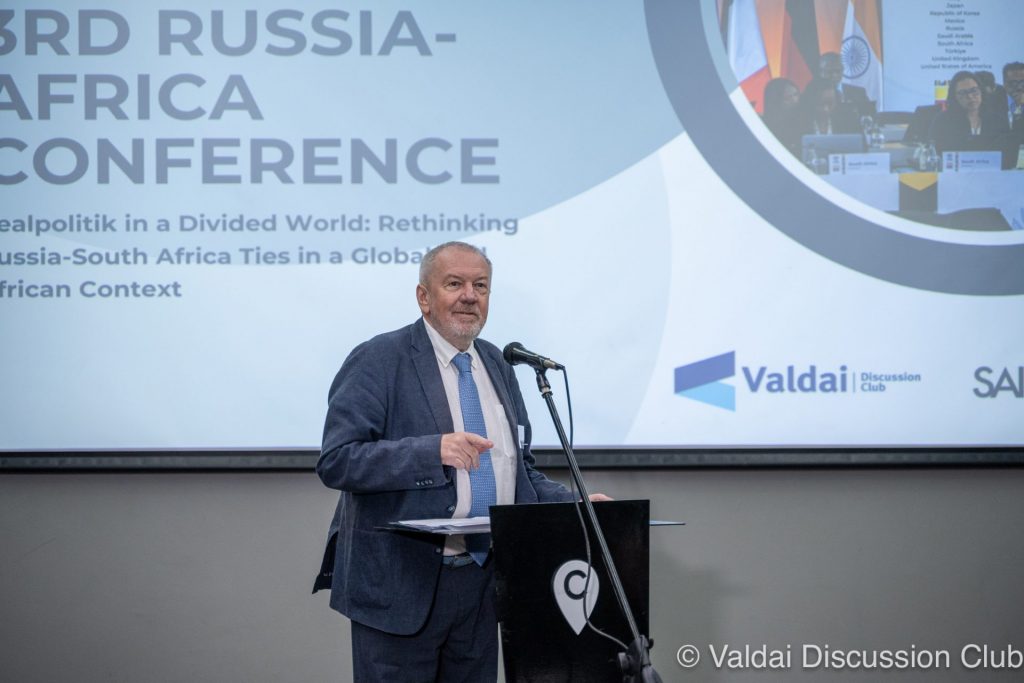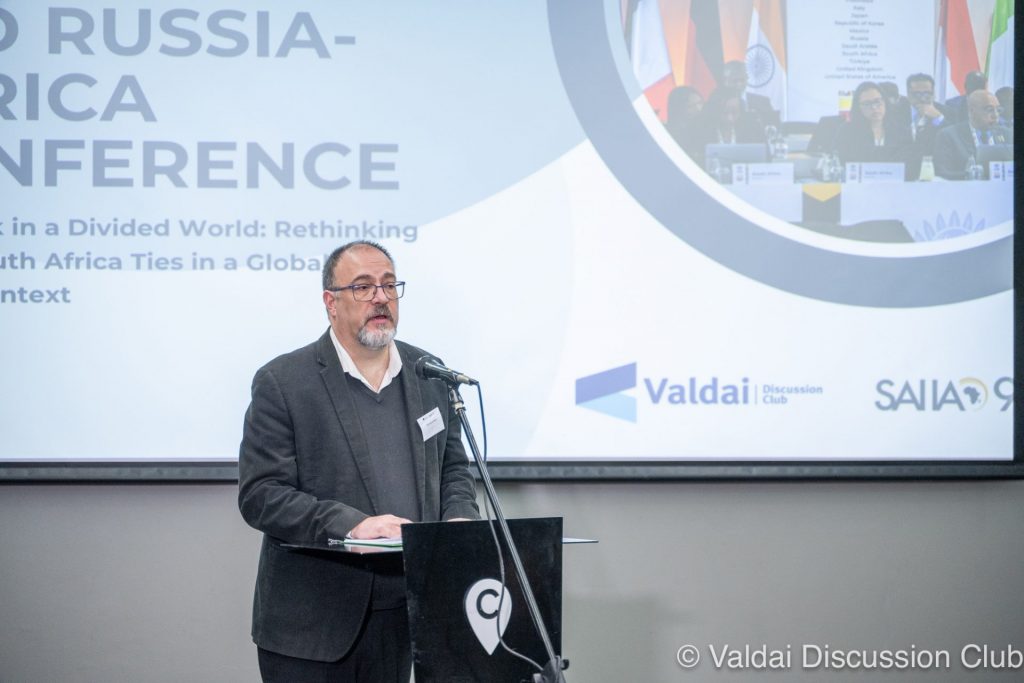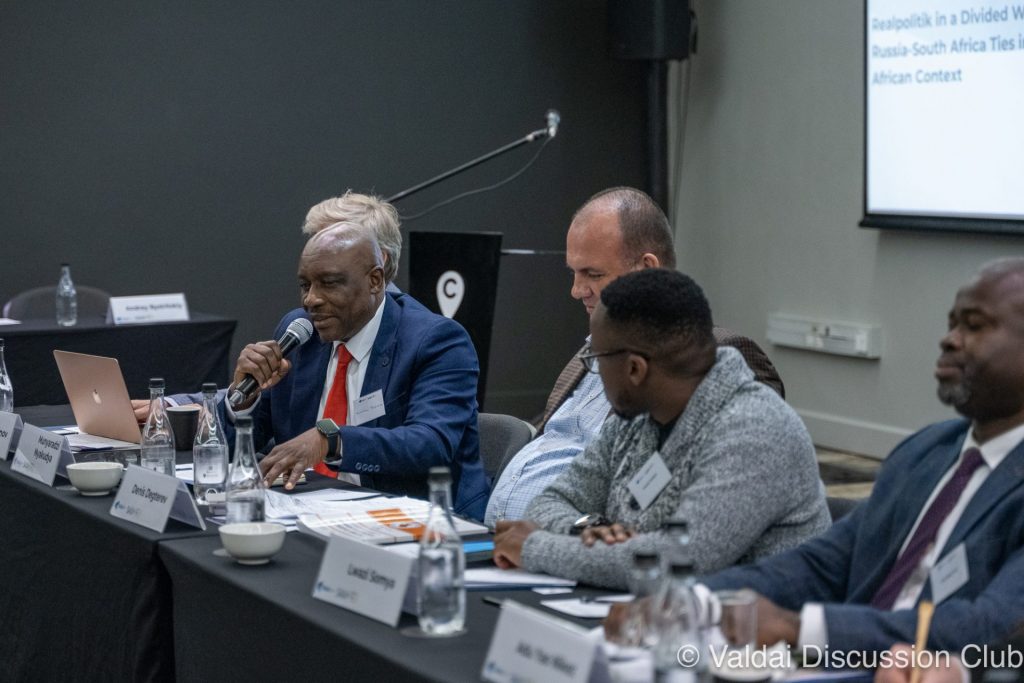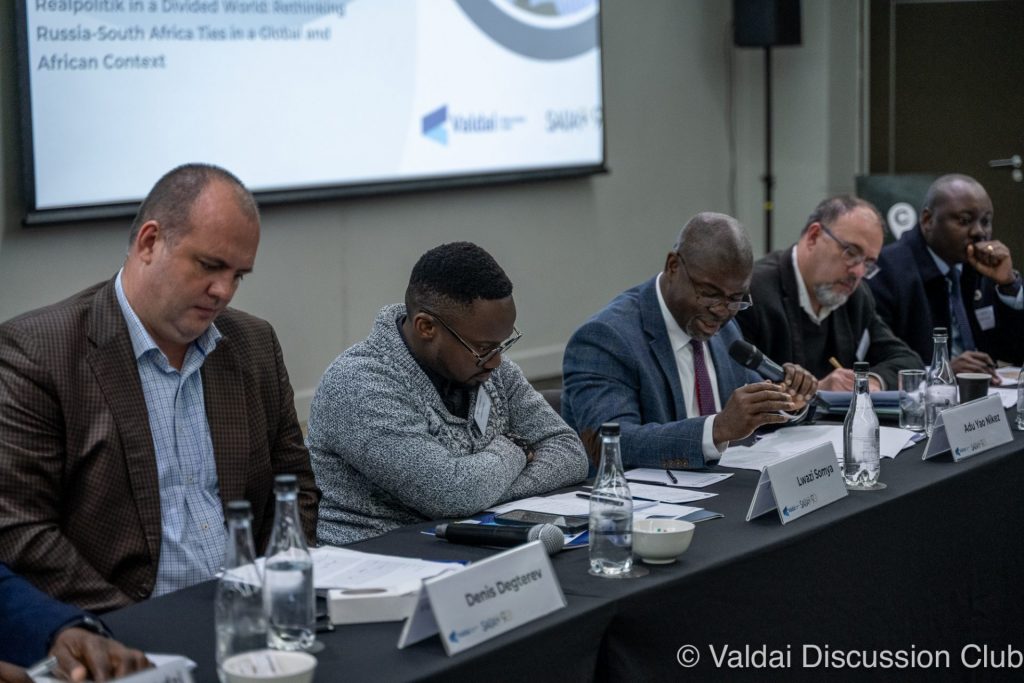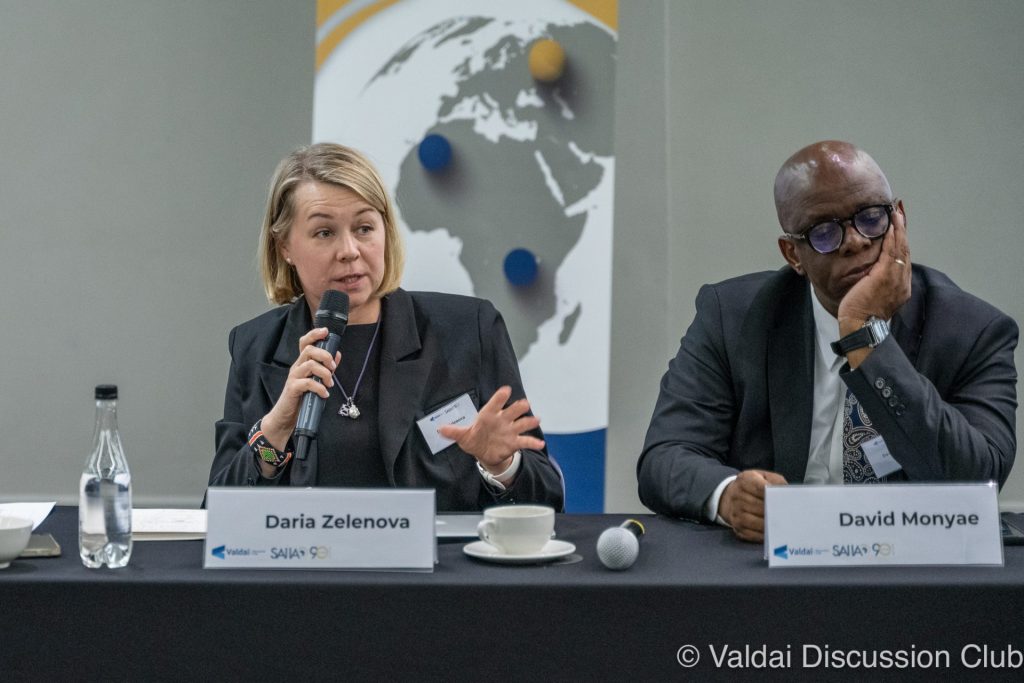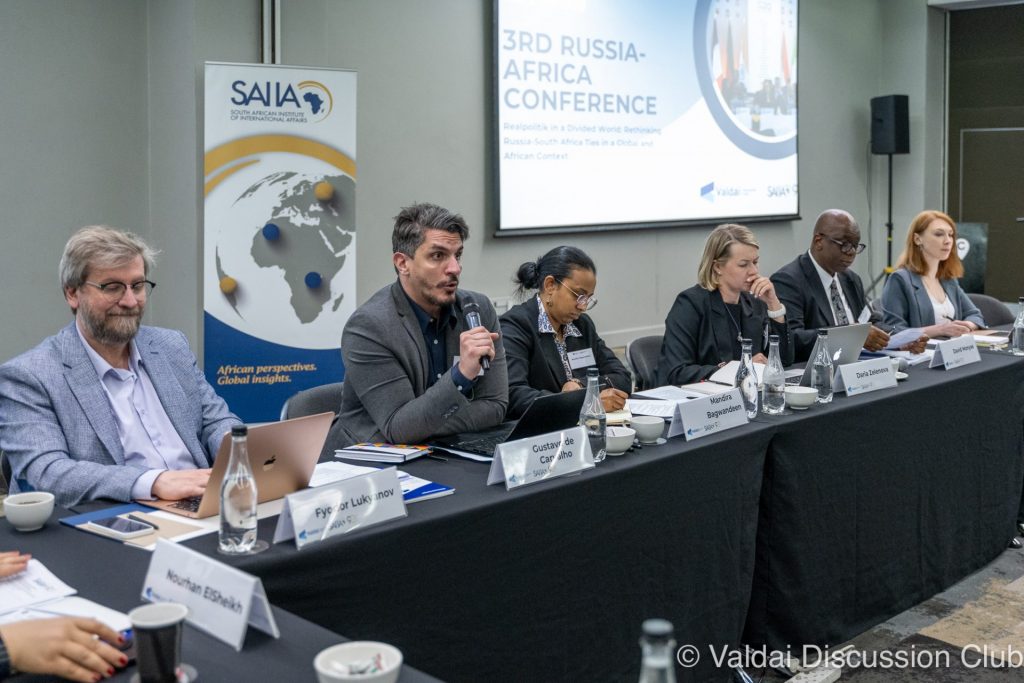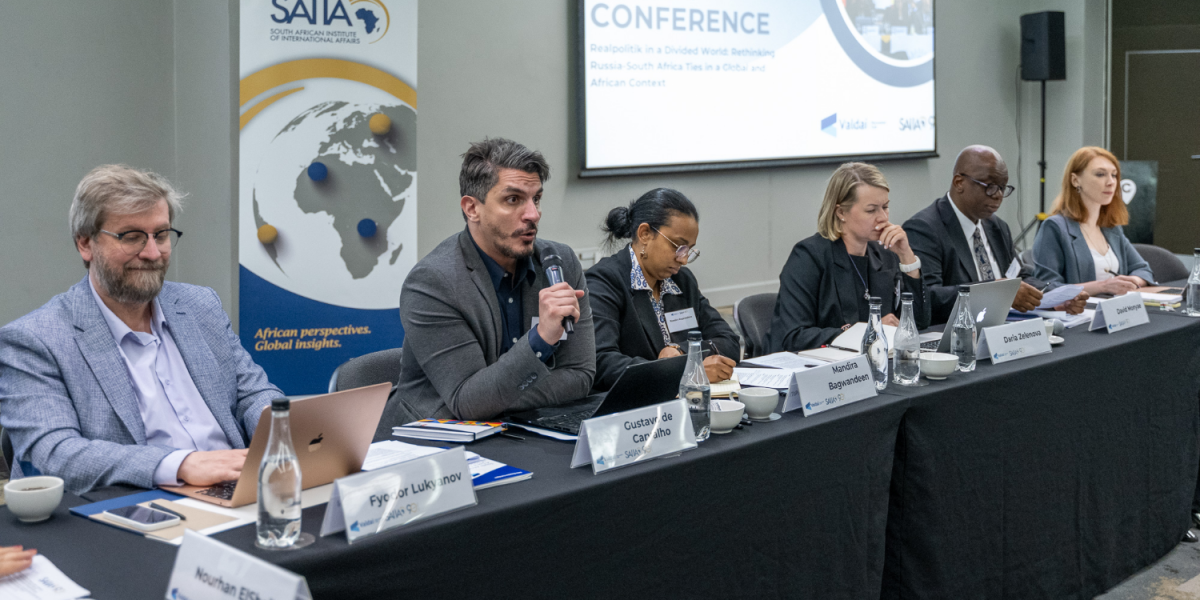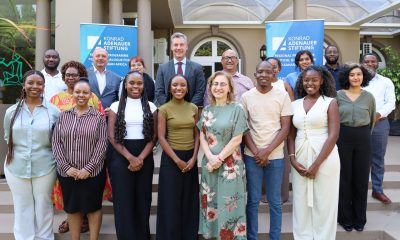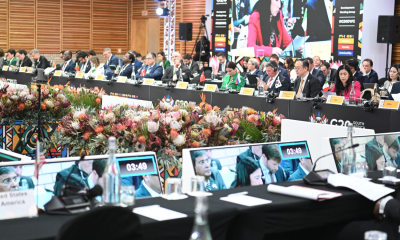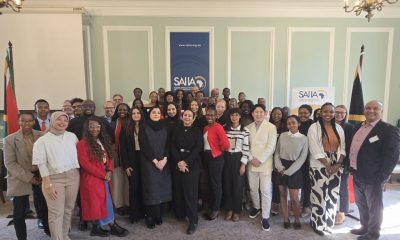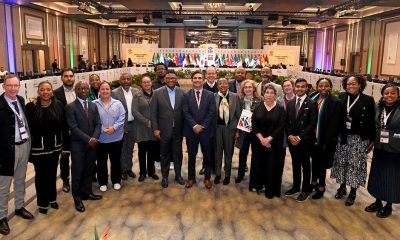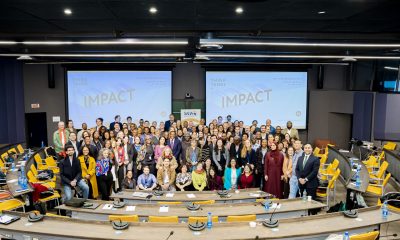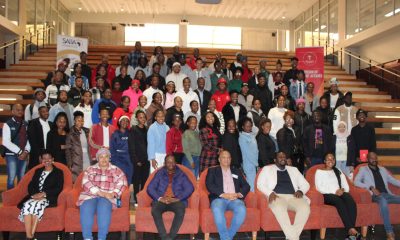The global landscape is undergoing a significant geopolitical shift. Following the Cold War period (1945–1991) and the subsequent post-Cold War era, characterised by dominant Western influence alongside the emergence of powers such as China and a redefined role for Russia, the current international environment is increasingly complex and multipolar. While the precise transition point remains debated, recent events such as the conflict in Ukraine have marked a notable change in international dynamics.
This evolving context is defined by renewed geopolitical competition and the growing interconnection between issues such as climate change, global trade, critical minerals, and governance. In this environment, traditional alliances and institutions are being re-examined, and new forms of cooperation are emerging. These shifts raise important questions for the future of Russia–South Africa and broader Russia–Africa relations.
These topics were debated at the 3rd Russia-Africa Conference, co-hosted by SAIIA and the Valdai Discussion Club, on 28 July 2025 under the title “Realpolitik in a Divided World: Rethinking Russia-South Africa Ties in a Global and African Context”. Remarks by the head of SAIIA’s African Governance and Diplomacy Programme, Steven Gruzd; Chief Director at the Department of International Relations and Cooperation, Phumzile Mazibuko; Chairman of the Board of the Foundation for Development and Support of the Valdai Discussion Club, Andrey Bystritskiy; and Ambassador Extraordinary and Plenipotentiary of the Russian Federation to South Africa and Lesotho, Roman Ambarov opened proceedings.
The first two sessions on BRICS and the role of history and memory in Russia-Africa relations were open to the public, while the final two sessions on bilateral South Africa-Russia relations and Donald Trump and the world order were closed to encourage frank discussions.
In a world of sanctions, boycotts and closing of spaces for dialogue, this conference sought to buck the trend. While many in the West have shunned and demonised Russia, SAIIA’s consistent work on Russia-Africa relations from within the Global South provided a unique opportunity to interact with Russian counterparts firsthand and in real time. It allowed participants to hear Russian perspectives, unfiltered through the media, from the country’s leading thinkers.
Despite strong differences of opinion on some issues, participants held robust yet respectful discussions. Areas of common agreement were highlighted in the deliberations, such as mutually beneficial relations, the need for global governance reform and a strong commitment to groupings like the BRICS and G20, particularly with South Africa’s year of hosting the latter. Issues of technology, sovereignty, neocolonialism, and historical memory – especially the Soviet Union’s support for liberation movements in Southern Africa – were discussed in depth.
Read the conference report here.
Watch the recording of the opening and first session here and the second session here.
